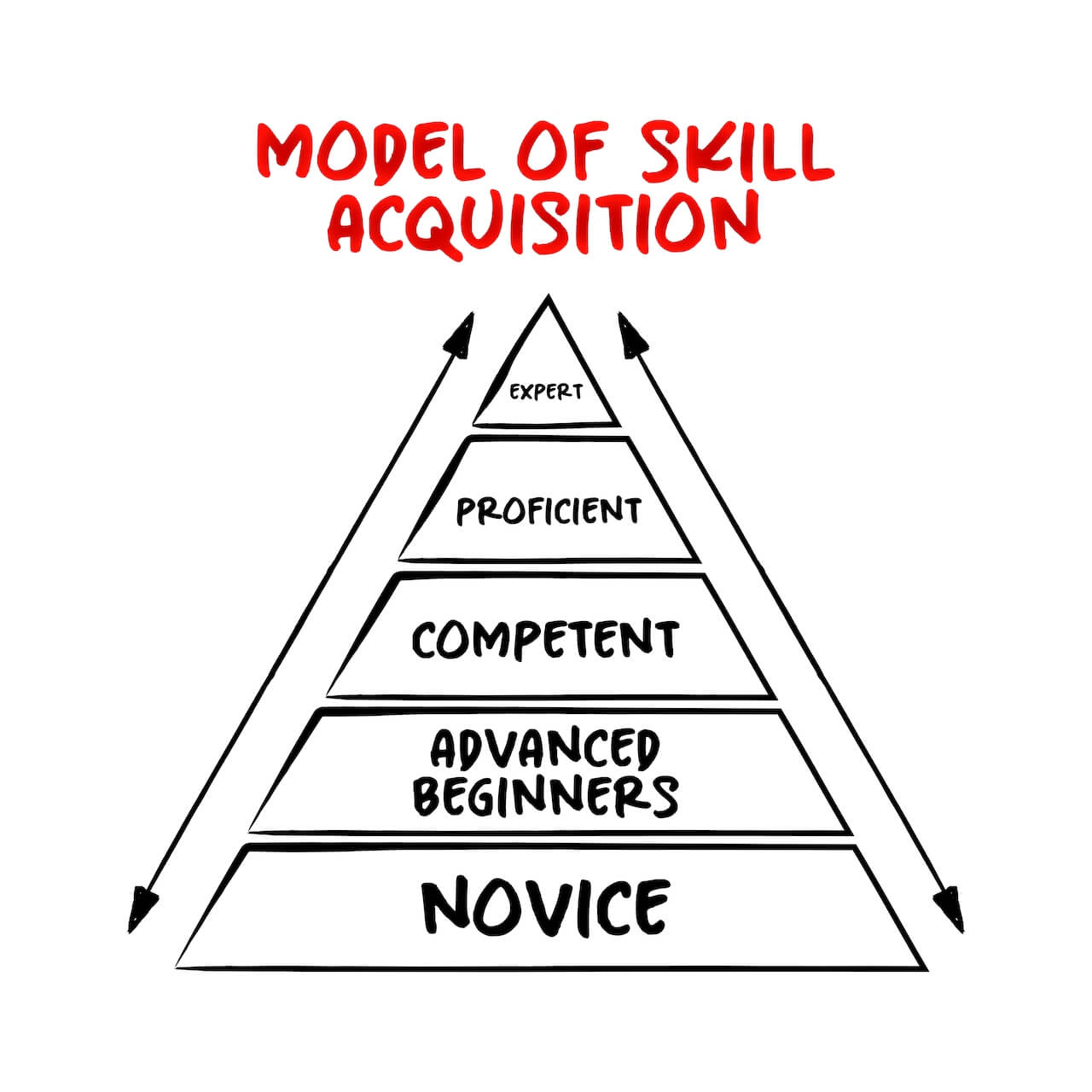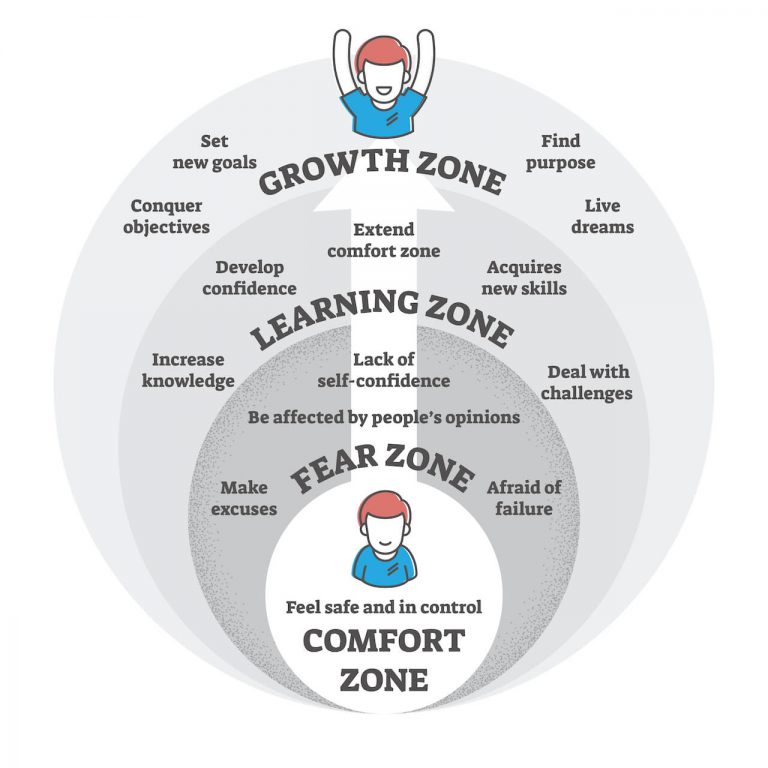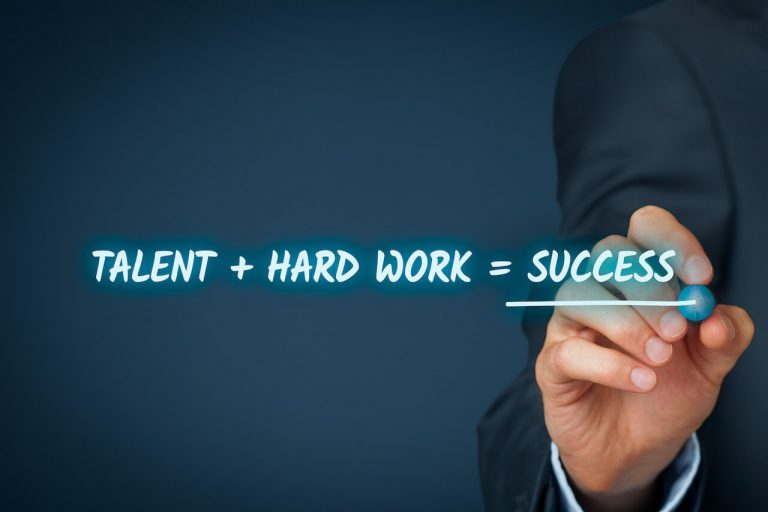All You Need to Know About Dreyfus Model Of Skills Acquisition
What is the Dreyfus model?
Stuart and Hubert Dreyfus 1980 wrote the Dreyfus Model of Skills Acquisition. It describes how a person learning something new gains knowledge and experience to become an expert in that field.
According to the Dreyfus model of skill acquisition, people learn by following direct instruction and practice. Gradually their experience and knowledge grow, improving their abilities. Finally, they are experts at this skill and no longer need instructions to perform successfully.
The Dreyfus model describes five key stages that a person goes through; novice, advanced beginner, competent, proficient, and expert. This five-stage model can assess a person’s competency as they acquire new skills.
Novice
The Dreyfus model shows this as the first of the developmental stages leading to skill acquisition. At the novice stage, the learner will have no prior knowledge or experience. Therefore, they will need an established set of rules and guidelines to follow to fulfill their role.
They will have no ability to think autonomously as they do not yet understand the complexities. As such, the novice cannot make decisions yet. Instead, they must follow the taught rules and apply them to any particular situation.
For example, you buy a new board game you have never played before. To begin with, you will read the instructions to gain some understanding of the basic rules. Then, you look at the game pieces and the board and try to apply the written rules to the objects in front of you.
As you will know, if you’ve ever been in this situation, this can take some time. In the early stages of playing, you consistently refer back to the instructions to ensure you are playing correctly. Similarly, when an unusual event occurs, you will look at the rules to know how to continue. This is the same when learning any new skills.
Advanced Beginner
By now, the learner has acquired some experience in this field and begins to understand their role. They can use this experience to help them understand new situations. Because they have had some practice now, the learner is more confident in their abilities.
However, they do still make mistakes during the advanced beginner stage. The Dreyfus model suggests that they will likely blame the rules when they do. This is because they are trying to adhere to the guidelines of their role rigidly.
They don’t yet understand how to respond creatively to solve problems, so they still need support. Because of this, they don’t have a high sense of responsibility and self-awareness within their position.
Let’s refer back to our new board game example. You have played it a couple of times now, so you now understand how to play it. So you could probably teach someone the basics. However, according to the Dreyfus model, you will still need to refer to the rulebook to clarify things regularly. And you’ll probably say something like, “That makes no sense, this game is stupid!” because you don’t yet fully understand.
Competent
After around 2-3 years, the learner is now competent depending on the job. At this skill level in the Dreyfus model, they know their role. They understand what is expected of them and how to meet these expectations. Because of this increase in confidence, they are now able to begin trying to resolve difficulties. They can use experience and knowledge to think analytically to find a solution.
However, as they are still learning, they have not yet gained the experience needed to respond effectively to all situations. At this point, there will be a lot of pressure on them to perform. Because of this, they might struggle if new challenges arise.
Using our earlier example of the board game, you have developed competence. You understand how to play and what you should do, so you don’t have to refer to the instructions anymore.
If you encounter a move you don’t understand; you use your knowledge of the game to try and come up with the correct response. However, this may not go to plan, and you may still get stumped by your competitor. You might not yet have enough experience to know how to react.
Proficient
The fourth stage of the Dreyfus developmental model describes the learner as proficient. They have a great deal of experience in this position and fulfill their role without guidance.
They have learned to prioritize and make decisions in challenging situations. They have a good grasp of the rules and can analyze them to find solutions creatively. Their skill acquisition is almost completed.
However, this ability is still limited as these skills are just now developing. As such, they do still occasionally need support in the most challenging situations.
You have now played your board game numerous times and even have some strategies to win. You understand how to play and can use this skill acquisition to figure out future moves. However, if someone throws a sneaky attack, you might not quite have the intuitive skills to counter. You still have to practice more before you have the expertise always to win.
Expert
In the last five stages of the Dreyfus model, the learner now does not need support or instruction. Instead, they have entirely absorbed the information required to perform their role expertly.
They have experience in almost all situations that could occur and how to manage them. By the last stage, if faced with a new challenge, they intuitively know how to respond. They utilize their extensive knowledge and expertise to focus on creatively finding a solution.
In the context of our board game, you now have a complete idea of how to play the game. You can use additional rules to find creative responses to attacks. You no longer have a rigid adherence to the instructions as they are now intuitive. At this point in the five-stage model, you are an utterly proficient individual. You no longer need to focus on learning or practicing how to play. You are in intuitive mode and can predict how your competitor will next play and how you should respond.
Experts often struggle to explain their specifically their areas of expertise. This is because they have now ingrained such a huge set of skills. Their development has gone beyond a focused role and has a much broader use for practice in all situations. As such, it is hard to define their skills.
The learning process of skill acquisition
The Dreyfus model of skills acquisition explains that four binary qualities are being developed during these five learning stages. This development overlaps the five stages and describes how learners progress in their skill acquisition.
Recollection
Situational recollection
The first level of skill function focuses on recollection. The learner is trying to memorize rules and actions to follow.
Initially, this will be possible in situations they can recognize. They will be able to use their prior experience to recollect the appropriate response. They will repeat what they have learned, regardless of the context. This occurs only in the novice stage of the Dreyfus model.
Non-situational recollection
Once this skill is more developed, the learner can recollect their taught rules in new situations. They now have the experience to use their learned knowledge to create an appropriate response. This occurs in all stages after novice.
Recognition
Decomposed recognition
The learner still has not developed an extensive understanding of their position. So, they are unable to recognize what might change or go wrong. They continue to follow the guidelines they have learned and cannot analyze the situation to respond differently. This occurs in novice and advanced beginner stages.
Holistic recognition
Once the learner reaches competence, they are more skilled at recognizing issues. They can now analyze a situation and understand the range of possible outcomes. This skill is not yet intuitive, so they will still need to take time to consider it before acting.
Decision
Analytical decision
Decision-making takes time to learn in a new role. The learner needs to understand the various aspects of their field. Even in the competent stage, they still have to take time to analyze a situation before they can be informed enough to make a decision. They will not yet be confident in decision-making and cannot act instinctively.
Intuitive decision
Once the learner reaches the proficient stage, they now have the experience required to make their own decisions confidently. This can only happen after years of practice in their role and gaining extensive knowledge.
Awareness
Monitoring awareness
Until the learner reaches the expert stage, they are not fully aware of all the complexities of their field. They will still need support in new or challenging situations regardless of experience.
Absorbed awareness
They have an ingrained knowledge and can confidently use their expertise to approach any situation proficiently at this skill level.
Weaknesses in the Dreyfus model
The Dreyfus model does broadly define all directed skill acquisition. However, it has been seen as slightly reductive in certain areas.
It is argued that there is no extensive evidence to suggest that a person goes through stages when learning a new skill or job role.
The Dreyfus model also suggests that people don’t have to think analytically at the more expert levels of skill acquisition because everything is ingrained. However, there are numerous examples where a person would have to analyze the situation and make appropriate considerations before acting, regardless of their experience level.
For example, in nursing practice, you would find that every situation differs from the last. You would use your skill acquisition and extensive experience to judge the situation. Your expert intuition would allow you to make a proficient plan for the situation. However, there may be unseen dangers or elements that appear during this time.
In that case, it is always necessary to make assessments of the situation. Meanwhile, analyzing what would be appropriate at that time. In one situation, something that would be prudent might exacerbate another, so you cannot rely solely on previous experiences.
Despite some criticism, the Dreyfus model is widely used to assess a person’s stages of learning. As a result, it can be a valuable tool for employers and those desiring to learn new skills.






